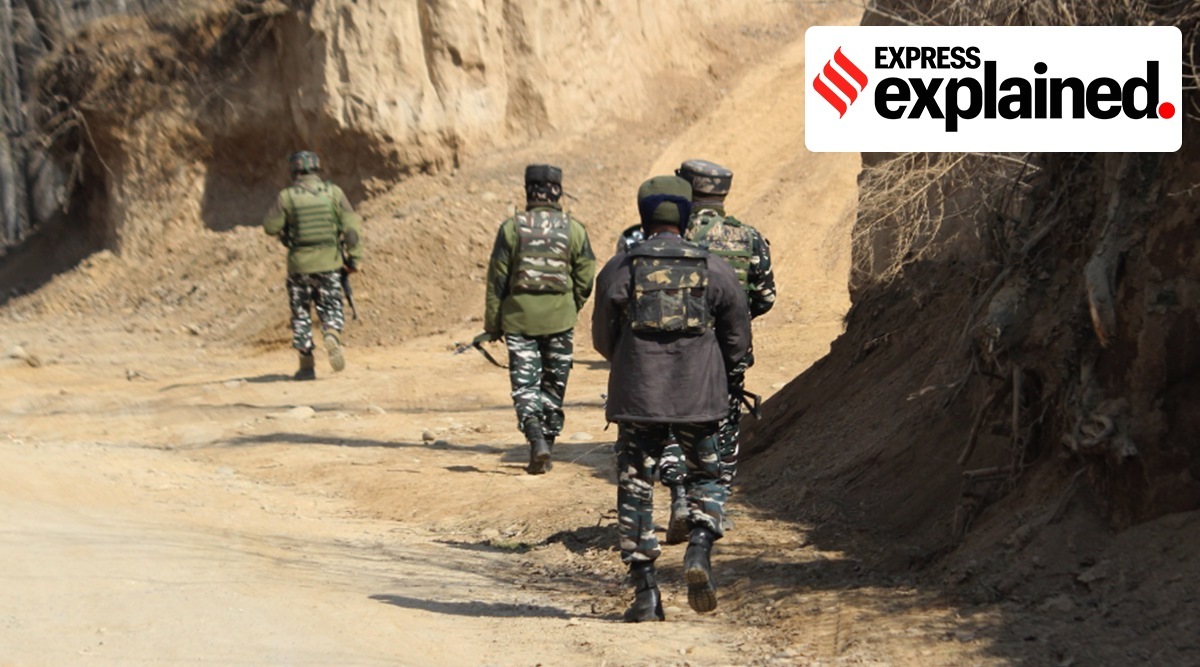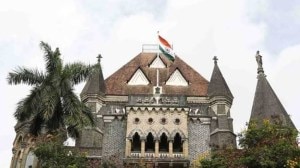India will host the Third No Money for Terror (NMFT) Conference on November 18-19. Delegates from 75 countries and international bodies are expected to attend the event, which will take up ways to combat global terrorist financing.
Prime Minister Narendra Modi is likely to inaugurate the conference, with Union Home Minister Amit Shah among the attendees.
The NMFT started in 2018 as an initiative of the French government which had, in 1989, laid the foundation of the Financial Action Task Force (FATF), the international body at the forefront of combating money laundering and terrorist financing.
Just like the FATF, which earlier focused only on money laundering but expanded to include terrorist financing after the 9/11 attacks, the continuing activities of the Islamic State and Al Qaeda, despite territorial defeats in Syria-Iraq and Afghanistan respectively, necessitated the NMFT conference.
In fact, the 2018 event was titled “International conference on combating the financing of Daesh and Al-Qaeda (Paris, 25-26 April 2018)”.
The 2018 conference
France had invited delegations from some 70 countries and the leaders of almost 20 agencies.
Story continues below this ad
The conference agreed on “fully criminalising terrorism financing… even in the absence of a link to a specific terrorist act”, and “enhancing the traceability and transparency of financial flows” by developing frameworks to tackle the risks associated with the use of cash, informal remittance systems (including hawalas), prepaid cards, anonymous means of payments, and by promoting digital transactions.
It also raised a red flag on new financial instruments being misused and made a commitment to “implement the FATF standards as they apply to crypto-assets”, urging the FATF “to advance global implementation”.
Importantly, the conference discussed “traceability and transparency of non-profit organisations (NPOs) and charitable funds”, calling for urgent and effective “implementation of FATF standards relating to non-profit organisations” without disrupting civil society activities.
It also reiterated the importance of effectively implementing UN sanctions, cooperation on intelligence sharing, and capacity building of countries that did not fully adhere to FATF standards.
Story continues below this ad
The 2019 conference
The 2019 conference was hosted by Australia with participation from 65 delegations, including 23 Ministers and representatives from 15 international bodies.
The conference identified “kidnapping for ransom” and “emerging technologies” such as digital and cryptocurrencies, stored value cards, online payment systems and crowdfunding platforms as new channels through which terrorism may be financed.
It recognised “the critical role played by the private sector to detect and prevent misuse of financial systems by terrorists” and flagged the need for monitoring of NPOs.
The Indian experience
Story continues below this ad
India has largely articulated its “zero tolerance approach” towards terrorism in these conferences and tried to attract the attention to the cross-border terrorism from Pakistan.
In the 2019 conference, India called for a “united global effort against all those who support terror or help generate finances for terror”. India pointed out how terror groups are active on social media and that undermines any ban the United Nations (UN) might place.
It called on nations to expedite the finalisation of a Comprehensive Convention on International Terrorism under the UN and asked for FATF Standards to be effectively enforced. Given its experience of China blocking its push for sanctions against Pakistan-based terror groups and terrorists, it called for UN listings and FATF to not be politicised.
It also asked the international community to initiate discussion on ‘Countering Financing of Radicalisation (CFR)’, which would prevent radicalisation, an essential prerequisite of terrorism.
Story continues below this ad
Former NIA DG YC Modi, who was India’s representative in the last NMFT conferences, said that so far, the conference has focused on building consensus on terror financing and firming up nations’ intent to combat it.
“The nitty gritty of ground-level implementation has not yet found attention. Now that India is leading the conference, it could push its concerns. The need of the hour is to form working groups on various new threats. There are many countries which want to actively engage in combating terror financing threats but may lack the capabilities to do so. We ourselves do not have great wherewithal to combat terror financing through cryptocurrencies. This conference could work on building such capabilities in various nations,” Modi said.
Agenda for 2022 terror conference
India was supposed to host the conference in 2020, but it was postponed due to the pandemic. The agenda for the NMFT 2022 includes use of virtual assets and crowdfunding platforms by terrorist entities, their use of the dark web, the links between terror financing and legitimate economic activities, and payment intermediaries.
It is largely a build-up on concerns raised during the Interpol Conference and UN General Assembly’s Counter Terrorism Committee Conference held in Delhi recently.
Story continues below this ad
Sources told The Indian Express that India will discuss the misuse of non-profit organisations and non-financial businesses and professions in terror financing, as well as such financing through the Money Transfer Service Scheme and hawala networks.
India will also focus on “the challenges faced by investigation agencies while probing terror financing crimes, the sharing of information among financial intelligence units, and recent trends in combating terror financing/money laundering risks”.








































